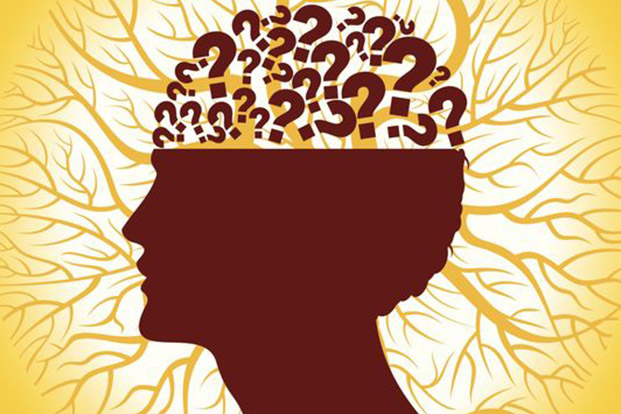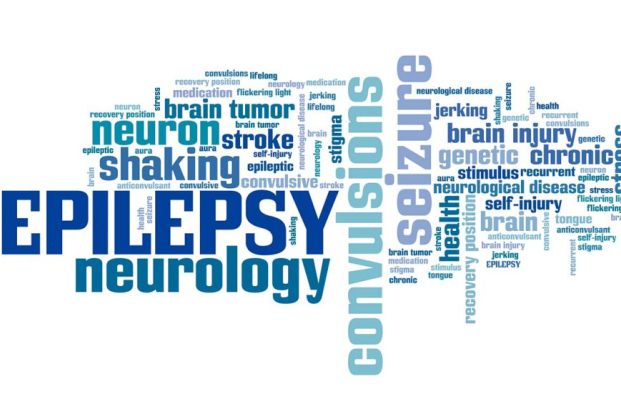Categories
- Bariatric Surgery (11)
- Black Fungus (5)
- Bone Marrow transplant (3)
- Brain Tumor Surgery Navigation Technology (20)
- Cardiac Surgery (66)
- Cardiology (97)
- Computer navigation technology for joint replacements (20)
- Covid Vaccination (17)
- Critical Care (2)
- Dental (19)
- Dermatology (31)
- Dialysis Support Group - “UTSAAH” (11)
- Dietitian (33)
- Emergency Medicine (4)
- Emotional Health (11)
- Endocrinology (33)
- ENT (20)
- Gastroenterology and GI Surgery (53)
- General and Laparoscopic Surgery (21)
- General Surgery (4)
- Gynecology & Obstetrics (183)
- Hematology (20)
- Internal Medicine (294)
- Kidney Transplant (50)
- Kidney Transplantation (20)
- Lung Cancer (8)
- Minimal Invasive Surgery (1)
- Mother & Child (20)
- mucormycosis (5)
- Nephrology (61)
- Neurology (147)
- Neurosurgery (68)
- Nutrition and Dietetics (107)
- Omicron Variant (1)
- Oncology (288)
- Ophthalmology (10)
- Orthopaedics & Joint Replacement (86)
- Paediatrics (59)
- Pediatric Nephrology (3)
- Physiotherapy (5)
- Plastic & Reconstructive Surgery (6)
- Psychiatry and Psychology (90)
- Psychologist (28)
- Pulmonology (72)
- Rheumatology (13)
- Spine Services (21)
- Transradial Angioplasty (16)
- Urology (84)
Query Form
Posted on Apr 19, 2022
What is Epilepsy and how does it affect the Brain?
What is epilepsy?
A neurological disorder, epilepsy is a chronic condition which primarily affects the body’s central nervous system. Nerve cell activity in the brain becomes disrupted and results in occurrences of unusual behavior and sensations, unprovoked and recurrent seizures (also known as ‘fits’ – caused by a sudden rush of electrical activity in the brain), confusion, lack of awareness and even loss of consciousness.
Epilepsy is a condition that causes seizures — temporary glitches in the brain’s electrical activity. These electrical disruptions can cause a range of symptoms. Some people stare off into space, some make jerky movements, while others lose consciousness.

How else does epilepsy affect the body?
- Circulatory and respiratory system: The after-effects of a seizure can impact a person’s heart rhythm and breathing function. Shortness of breath and coughing are common complaints about epilepsy suffers. Sometimes, choking can happen (although rarely). A sufferer is more prone to developing other condition complications, such as heart disease and stroke, in the long-term. Epilepsy can adversely affect cardiac rhythm. Antiepileptic medications also adversely can affect the heart rate. Sometimes sudden death is reported in epilepsy related to SUDEP (sudden unexpected death in epilepsy).
- Muscular and digestive system: Mixed and disrupted signals from the brain during a seizure contract and relax the muscles in the body in an uncontrollable manner. This results in a breakdown of muscle tone and often causes a sufferer to fall without warning. Some sufferers may cry or scream just before a seizure. This is because the muscles surrounding the vocal cords seize up and unexpectedly force air out. The force can sound much like an intentional cry or scream. Digestive issues are common side-effects of medicinal treatment. Many experience heartburn, constipation, diarrhea, nausea, and vomiting, as well as abdominal pain. Many suffering a seizure also lose control of their bladder and bowel.
- Reproductive system: Women with epilepsy need special care. Most women give birth to a normal child. They need to continue their medication & follow up with their doctors. Few patients have issues related to menstruation, libido, and conception.



